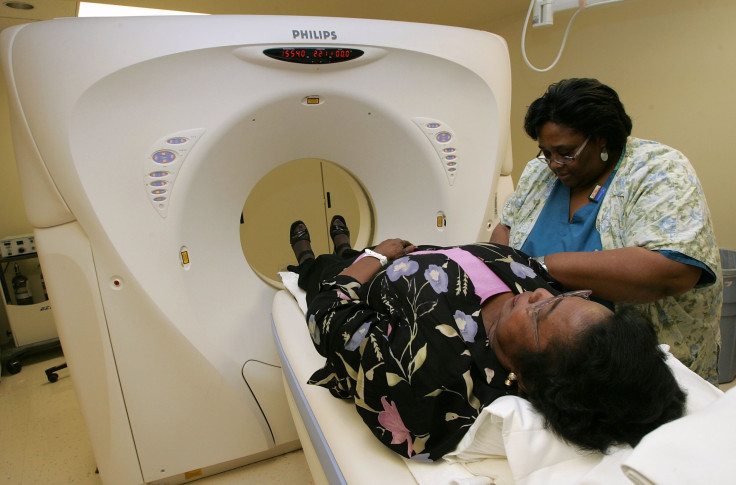Minority Women Tend To Receive Improper Breast Cancer Care, Regardless Of Subtype

A new study has found racial disparities not only exist but that they are also common throughout breast cancer treatment. Researchers reported Tuesday that black women are more likely to be diagnosed with aggressive forms of breast cancer and receive substandard care when compared to white women.
The study, led by the Fred Hutchinson Research Center, investigated data from the National Cancer Institute's Cancer Registry from 2010 to 2011. Researchers specifically analyzed participant demographics, stages of disease, tumor grade and size, treatments, and health insurance statuses among more than 100,000 American women. They found that African-American women had a 40 to 70 percent higher risk of being diagnosed with stage-4 breast cancer, and that they were more likely than white women to receive substandard care.
While racial disparities in health care aren't new — blacks don’t live as long following a heart attack, for example — the study revealed that the disproportion in diagnoses existed across all breast cancer subtypes. "We found that there is a consistent pattern of late diagnosis, and not receiving recommended treatment for some racial and ethnic groups across all breast-cancer subtypes," lead researcher Lu Chen told NBC News.
Chen's team also found that black women were more likely to be diagnosed with triple negative breast cancer, an aggressive form of the disease in which there is a lack of estrogen receptors, progesterone receptors, and human epidermal growth factor receptor 2 (HER2) — the three most common receptors that fuel breast cancer growth. Because the most successful treatments for breast cancer target these specific receptors, women diagnosed with this form of the disease often have more difficulty with being treated successfully.
In addition to black women, the study also found Native American women were nearly four times as likely to be diagnosed with stage-4 triple-negative breast cancer when compared to white women. Hispanic women, on the other hand, were only 30 to 40 percent more likely to be diagnosed with stage 2 or 3 of the disease.
Experts also suggest genetic differences can contribute to disparities in breast cancer diagnoses. Research has shown that black women have a higher risk of being diagnosed with aggressive forms of breast cancer due to genetic mutations in the breast cancer genes — these mutations heighten their risk between 37 and 85 percent, compared to a 12 percent risk in the general population.



























